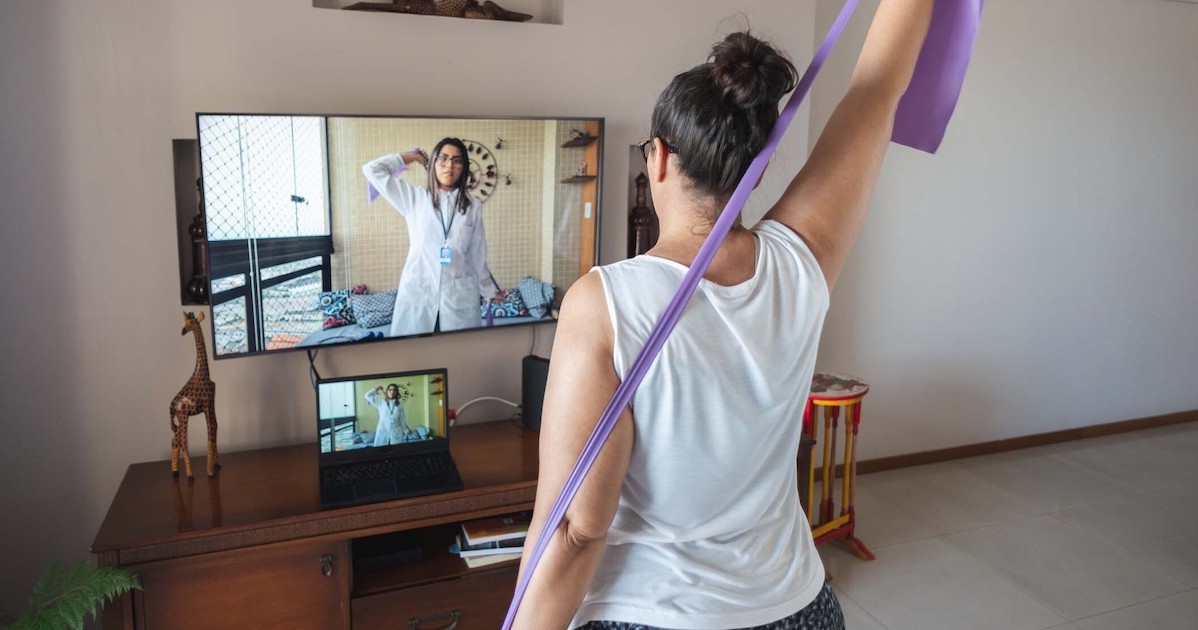
@ShahidNShah


Musculoskeletal care is a big problem for the U.S. healthcare system, digital health companies say. But the goal for digital musculoskeletal care should be more than just moving a physical therapy appointment to a virtual environment. The COVID-19 pandemic changed remote care and telehealth in general, pushing more providers and patients to accept care delivered virtually. Rachel Anderson, principal, portfolio partnerships at Cigna Ventures, an investor in RecoveryOne, said the pandemic showed the industry that patients want care that's easily accessible and convenient. Todd Norwood, a physical therapist and director of clinical services at Omada Health, which recently announced its musculoskeletal care program, saw a 250% increase in year-over-year member enrollment. Omada also offers digital tools for diabetes, hypertension and behavioral health, and stepped into the MSK space with its acquisition of Physera in 2020. Norwood said it can be a radical change for PTs to take such a hands-on job into a digital setting. Digital MSK companies argue there were barriers to physical therapy access even before the pandemic. Digital companies don't see in-person care going away – particularly for higher-need patients – but technology and artificial intelligence could complement a physical therapist's work. Rick Anderson, president and general manager, North America at DarioHealth, thinks AI models could handle lower-acuity problems on their own eventually, but a physical therapist's oversight is necessary at this time. Though the American Physical Therapy Association doesn't take a stance on digital MSK companies, as the platforms are evolving and vary, the organization is supportive of telehealth and legislation that would expand access. A recent study published in JMIR found practitioners in the U.K. generally viewed tele-rehabilitation positively, noting benefits like reduced travel time, getting to see patients in their home environment and allowing senior staff to support lower-level workers. As companies mature, some will likely go public, and the market could see more mergers and acquisitions, including from aggregators that will try to bundle a variety of digital health solutions to sell to employers. Deloitte's Kheyn-Kheyfets said some companies will move to using more advanced technologies like AI, hiring fewer physical therapists and improving their margins.
Continue reading at mobihealthnews.com
– Hackensack Meridian Health, New Jersey’s largest and most integrated health network launches of Hospital At Home at JFK University Medical Center in Edison, a …
Posted Feb 8, 2022 Hospital at Home
Connecting innovation decision makers to authoritative information, institutions, people and insights.
Medigy accurately delivers healthcare and technology information, news and insight from around the world.
Medigy surfaces the world's best crowdsourced health tech offerings with social interactions and peer reviews.
© 2025 Netspective Foundation, Inc. All Rights Reserved.
Built on Apr 17, 2025 at 6:07am